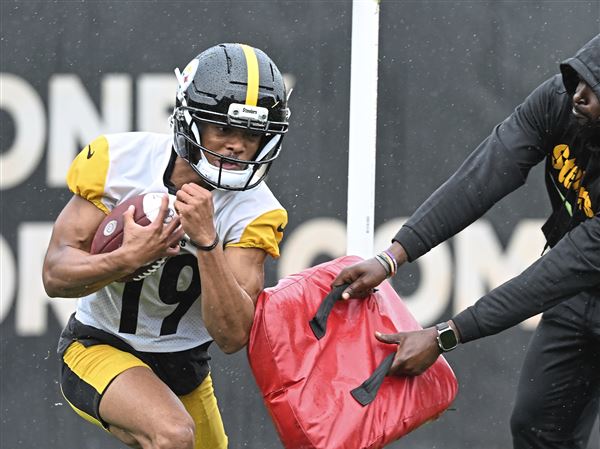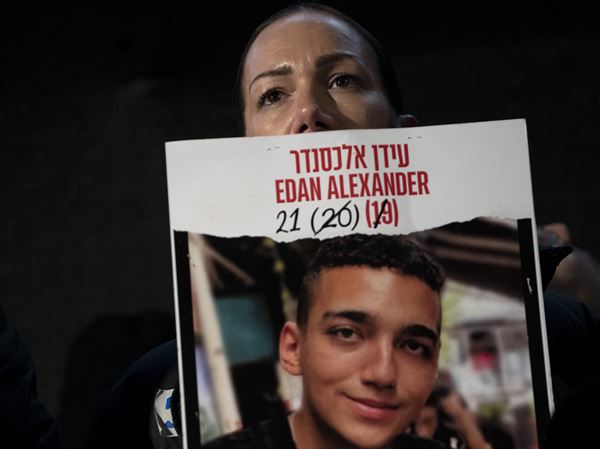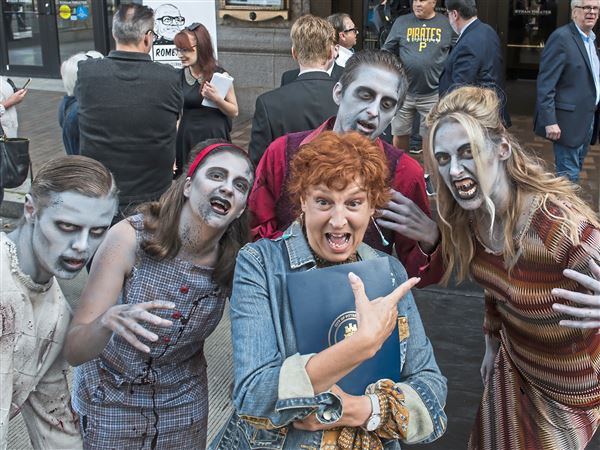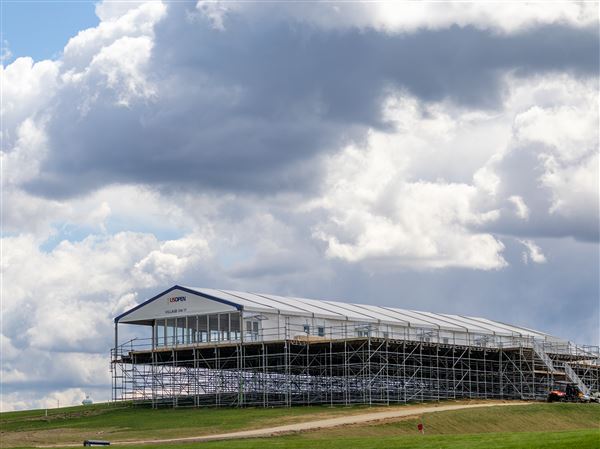Lyndon B. Johnson became president at 12:30 p.m. Dallas time, Nov. 22, 1963, but it took him nearly an hour to begin to exercise the authority of the office.
Basic Books ($25.95)
The History Channel presents a program based on Steven M. Gillon's book, "24 Hours After the Kennedy Assassination" tonight at 9.
While historians ponder whether the putative president of the United States must take the constitutional oath of office to make it official, anyone seeing the lifeless body of John F. Kennedy realized that Johnson was chief executive then and there, oath or no oath.
But, in the bloody terror and chaos that followed the assassination, Johnson was one of the last people in the presidential party to learn that JFK was dead. Even Robert Kennedy, the slain president's brother knew before LBJ.
While nothing happened to threaten or harm the nation during this power vacuum, the uncertain response to Kennedy's killing during the peak of the Cold War indicated a lack of planning for such an emergency. We trust it's been addressed since, although the bizarre scene at the White House following the shooting of President Reagan still gives one pause.
Steven M. Gillon, "resident historian" of the History Channel, has sewn together the many accounts, official and personal, of the aftermath of Kennedy's killing during the final minutes of a motorcade through Dallas.
Prompting this new retelling were the 2008 releases of notes taken by William Manchester, handpicked by Jacqueline Kennedy to write a major book on the event, "The Death of a President," and an interview of JFK's aide, Air Force Gen. Godfrey McHugh.
These new sources enhance, rather than revise, the history of the aftermath. Otherwise, Gillon's book is a skillful condensation of the numerous accounts of Nov. 22.
The president and first lady, joined by Vice President Johnson and Lady Bird, made the trip to shore up Texas political support in advance of his 1964 re-election campaign.
The comedy of errors that followed this national tragedy -- Johnson kept in the dark, Kennedy's official time of death revised to accommodate the last rites ceremony and the lack of a plan to return to Washington, D.C. -- occurred due to the sudden death of the president, Gillon points out.
"Never before ... had the transition been so dramatic or tragic," he writes. "Kennedy was the first president to die instantly ... ."
A practiced hand at the workings of the federal government, Johnson quickly assumed command of his accidental presidency, even laying the groundwork for his own '64 election campaign during Kennedy's funeral. Gillon praises LBJ's swift actions, seeking help and lining up support before the sun rose on the stunned world of Nov. 23.
However, nothing that Johnson did or didn't do in the assassination's aftermath would spare him the knowledge that he gained the presidency because of Kennedy's death. LBJ could never shake this "Kennedy imprisonment" and carried it to his grave.
Today, despite a recent spate of revisionist histories questioning the Kennedy "Camelot," the slain president's reputation still outshines his successor's.
First Published: October 18, 2009, 4:00 a.m.
















